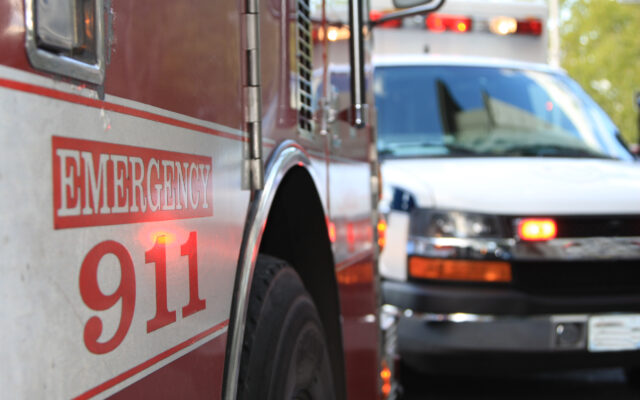Book ban battle plays out in schools as more novels are pulled from shelves

▶ Watch Video: More U.S. schools see an uptick in book banning
Every week this summer, the Teen Banned Book Club met inside a Kutztown, Pennsylvania, bookstore to highlight the novels that frequently appear on the American Library Association’s list of most challenged books.
The club was created last fall by then-eighth grader Joslyn Diffenbaugh after she heard about the increasing efforts in Texas to remove books from public schools.
“The original idea I had was when I first started seeing all the books being banned, especially in states like Texas, where they’d come out with a very, very long list. So I’d start reading the lists of books because I read a lot in my childhood,” Diffenbaugh told “CBS Saturday Morning” co-host Michelle Miller.
“So a lot of the books that were being banned popped up on those lists. And, like, reading them, I hadn’t seen anything wrong or that would need them to be challenged.”
According to PEN America, from July 2021 through March 2022, there were nearly 1,600 actions taken in school districts to ban more than 1,100 titles.
PEN America defines a banned book as a book that was a “previously accessible book but becomes either completely removed from availability to students, or where access to a book is restricted or diminished because of its content.”
University of Pennsylvania professor Dan Hopkins, who studies the nationalization of state and local politics, said the banning of books is just the latest instance of national politics coming to a boiling point.
“I think that. you know, a lot of fervor around possibly banning books is just the latest instance of national politics coming home and the deep symbolic divisions in national politics brewing, playing out in our schools and our communities,” he said.
As efforts to ban books have risen nationwide, school board meetings have become increasingly contentious.
Tiffany Justice co-founded the group Moms for Liberty over COVID restrictions. The group, championed by conservatives like Florida Governor Ron DeSantis, advocates for greater parental rights, accountability and transparency in schools.
Moms for Liberty has swelled to more than 85,000 members with chapters in 42 states. Some chapters have pushed to ban or limit access to books in school libraries. Justice said that parents are the “best and first” teachers for children and their input on the type of content distributed to their children should be valued.
“I mean, there’s not two sides to this issue. There are moms who love their kids, who don’t want pornography in school, and then there are people who do want pornography in school. I think that the book issue has been used to try to marginalize and vilify parents. And the truth is there is no place for pornography in public schools,” Justice told Miller.
She added that the group has never been political and involved with any political parties.
“Our moms are not political. This is something that I think has been assumed and is really wrong. A lot of our moms have never really been involved in the political process at all. Maybe they voted for president but I would say probably around 40% really never voted in school board local elections. It’s not something that they really were involved in,” she said. “But we woke up.”
The Moms for Liberty chapter where Justice is from in Indian River County, Florida, challenged more than 150 books last year. Ultimately five of them were removed from school libraries.
Author Jason Reynolds, the national ambassador for Young People’s Literature, has seen several of his own books banned and says the biggest challenge behind book bans involves obscenity.
“The truth of the matter is that most of these books are being couched in, they’re being like, seated down and challenged based on obscenity which is an excuse to not have to say it’s because there are racial topics or there are sexual topics in these books,” Reynolds said.
“So what happens is that we produce this work, young people read it, the adults are uncomfortable. And so they assume that their young people are uncomfortable even though young people are living very different lives and have a different access to information that we did not have and have a different language in literacy that we did not have, right, when it comes to all of these conversations,” Reynolds added.
Perhaps no author has had their work challenged more than Margaret Atwood, author of “The Handmaid’s Tale.”
“Everybody deserves the right to say anything they wish, as long as it’s true. That’s the real question, but part of a democracy is parents having a say,” Atwood said. “They can have a say, they don’t necessarily have the right to dictate, but to say they can’t have a say, that’s pretty authoritarian, isn’t it?”
Diffenbaugh said at its core is access and all the potential that can be lost with book banning.
“Not every book is for everybody, but every book is for someone,” Diffenbaugh said.



